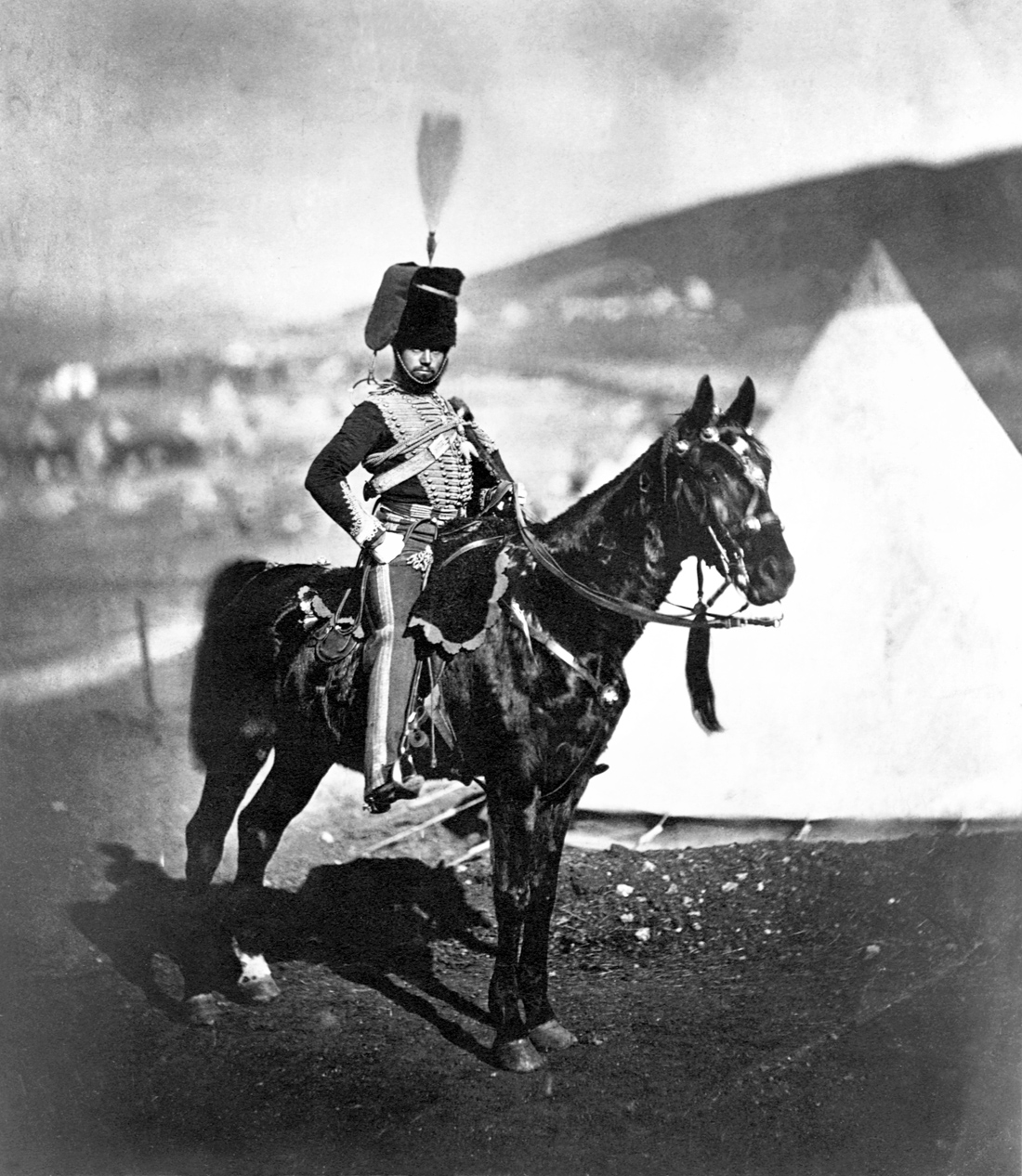
Saint Augustine
From a letter written by the Bishop of Hippo to the Roman tribune Marcellinus, who had asked why and how acts of war could be reconciled with expressions of Christian piety.
Saint Augustine’s classification of combat.
These precepts concerning patience ought to be always retained in the habitual discipline of the heart, and the benevolence which prevents the recompensing of evil for evil must be always fully cherished in the disposition.
At the same time, many things must be done in correcting with a certain benevolent severity, even against their own wishes, men whose welfare rather than their wishes it is our duty to consult and the Christian Scriptures have most unambiguously commended this virtue in a magistrate. For in the correction of a son, even with some sternness, there is assuredly no diminution of a father’s love; yet, in the correction, that is done which is received with reluctance and pain by one whom it seems necessary to heal by pain. And on this principle, if the commonwealth observe the precepts of the Christian religion, even its wars themselves will not be carried on without the benevolent design that, after the resisting nations have been conquered, provision may be more easily made for enjoying in peace the mutual bond of piety and justice. For the person from whom is taken away the freedom which he abuses in doing wrong is vanquished with benefit to himself; since nothing is more truly a misfortune than that good fortune of offenders, by which pernicious impunity is maintained, and the evil disposition, like an enemy within the man, is strengthened. But the perverse and froward hearts of men think human affairs are prosperous when men are concerned about magnificent mansions, and indifferent to the ruin of souls; when mighty theaters are built up, and the foundations of virtue are undermined; when the madness of extravagance is highly esteemed, and works of mercy are scorned; when, out of the wealth and affluence of rich men, luxurious provision is made for actors, and the poor are grudged the necessaries of life; when that God who, by the public declarations of His doctrine, protests against public vice, is blasphemed by impious communities, which demand gods of such character that even those theatrical representations which bring disgrace to both body and soul are fitly performed in honor of them. If God permit these things to prevail, He is in that permission showing more grievous displeasure: if He leave these crimes unpunished, such impunity is a more terrible judgment. When, on the other hand, He overthrows the props of vice, and reduces to poverty those lusts which were nursed by plenty, He afflicts in mercy. And in mercy, also, if such a thing were possible, even wars might be waged by the good, in order that, by bringing under the yoke the unbridled lusts of men, those vices might be abolished which ought, under a just government, to be either extirpated or suppressed.

Cornet Wilkin of the 11th Hussars at camp in the Crimean War, 1855. Photograph by Roger Fenton. United States Library of Congress Prints and Photographs division, Washington D.C.
For if the Christian religion condemned wars of every kind, the command given in the Gospel to soldiers asking counsel as to salvation would rather be to cast away their arms, and withdraw themselves wholly from military service; whereas the word spoken to such was, “Do violence to no man, neither accuse any falsely, and be content with your wages”—the command to be content with their wages manifestly implying no prohibition to continue in the service. Wherefore, let those who say that the doctrine of Christ is incompatible with the state’s well-being, give us an army composed of soldiers such as the doctrine of Christ requires them to be; let them give us such subjects, such husbands and wives, such parents and children, such masters and servants, such kings, such judges—in fine, even such taxpayers and tax gatherers, as the Christian religion has taught that men should be, and then let them dare to say that it is adverse to the state’s well-being; yea, rather, let them no longer hesitate to confess that this doctrine, if it were obeyed, would be the salvation of the commonwealth.

From a letter written by the Bishop of Hippo to the Roman tribune Marcellinus, who had asked why and how acts of war could be reconciled with expressions of Christian piety.